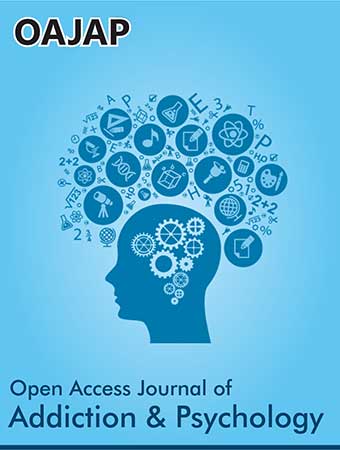 Opinion
Opinion
Supporting Collaborative School Based Substance Use Disorder Interventions
Deborah Kipps Vaughan, Associate Professor, Graduate Psychology, James Madison University, USA.
Received Date: May 14, 2020; Published Date: June 16, 2020
Abstract
We are facing critical challenges in providing treatment to adolescents with substance use disorders. Adolescent drug use is a national concern, with annual reports between 22% and 35% of adolescents using drugs, and 5% developing a substance use disorder (SUD). Only one in ten of the 1.3 million adolescents who need treatment will receive it [1,2]. Adolescents experiencing substance use problems are also at risk for academic failure, school drop-out, relationship difficulties, and health problems. Although schools are identified as a primary resource for students who receive mental health services, substance abuse problems are difficult to address in schools due to barriers related to confidentiality, implementation, and resources. School personnel may also lack the necessary experience or training to adequately provide these services to students’ suffering from substance abuse. Research on this topic is encouraging in that school-based intervention programs have been shown to be effective in helping to identify and support students with substance abuse issues [3,4]. With both evidence-based intervention practices available and competent training of mental health school professionals, students experiencing substance abuse problems may receive needed services and support in schools. School support staff (school counselors, school psychologists, school nurses and social workers) need to consider specific steps they can take to broaden their skills and knowledge for providing intervention for students experiencing substance use problems.
-
Deborah Kipps Vaughan. Supporting Collaborative School Based Substance Use Disorder Interventions. Open Access J Addict & Psychol. 3(5): 2020. OAJAP.MS.ID.000574.





